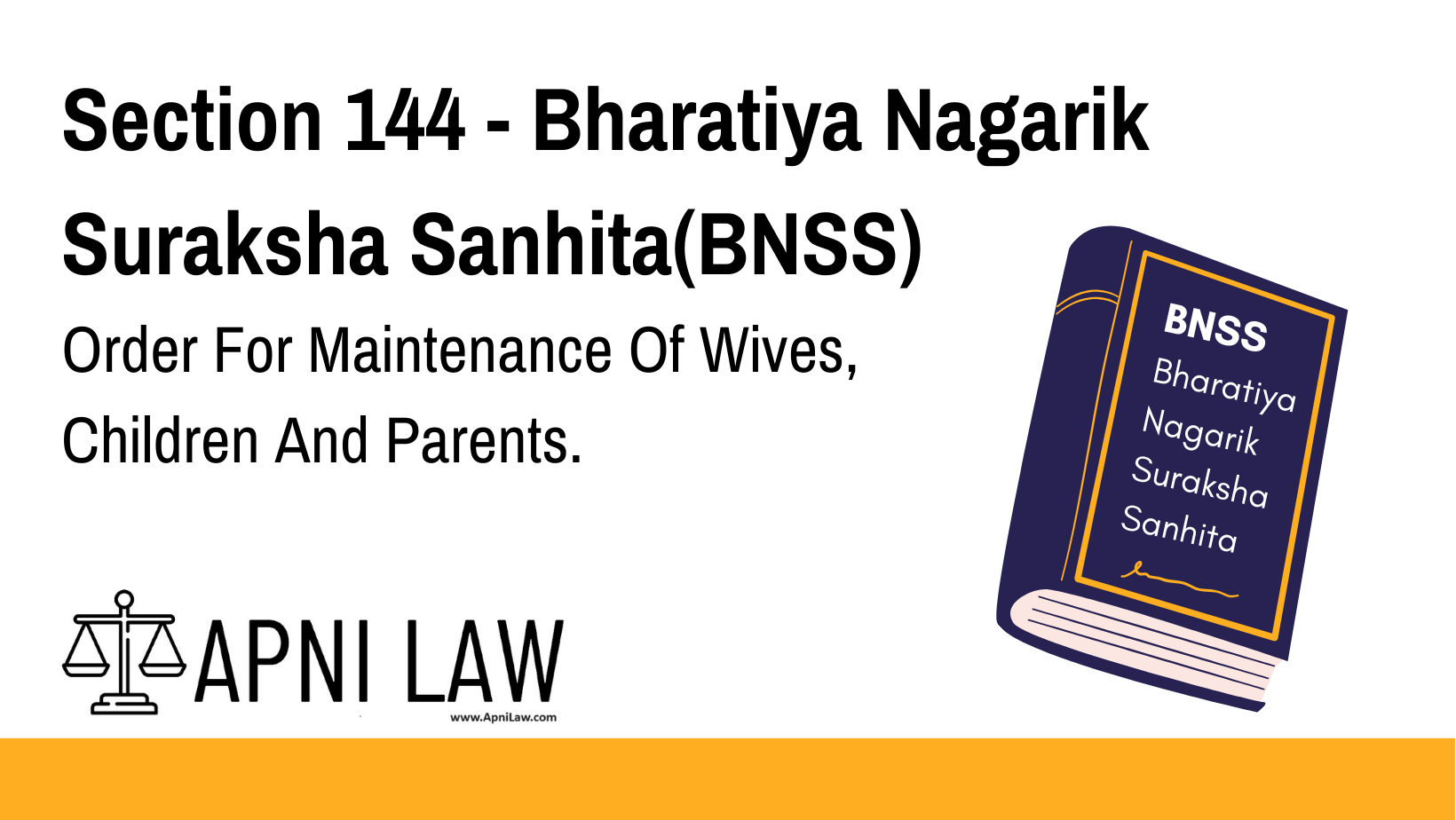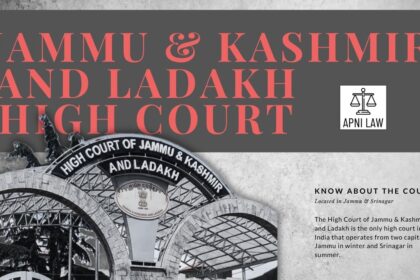Code
- (1) If any person having sufficient means neglects or refuses to maintain—
(a) his wife, unable to maintain herself; or
(b) his legitimate or illegitimate child, whether married or not, unable to maintain
itself; or
(c) his legitimate or illegitimate child (not being a married daughter) who has
attained majority, where such child is, by reason of any physical or mental abnormality
or injury unable to maintain itself; or
(d) his father or mother, unable to maintain himself or herself,
a Magistrate of the first class may, upon proof of such neglect or refusal, order such person
to make a monthly allowance for the maintenance of his wife or such child, father or mother,
at such monthly rate as such Magistrate thinks fit and to pay the same to such person as the
Magistrate may from time to time direct:
Provided that the Magistrate may order the father of a female child referred to in
clause (b) to make such allowance, until she attains her majority, if the Magistrate is satisfied
that the husband of such female child, if married, is not possessed of sufficient means:
Provided further that the Magistrate may, during the pendency of the proceeding
regarding monthly allowance for the maintenance under this sub-section, order such person
to make a monthly allowance for the interim maintenance of his wife or such child, father or
mother, and the expenses of such proceeding which the Magistrate considers reasonable,
and to pay the same to such person as the Magistrate may from time to time direct:
Provided also that an application for the monthly allowance for the interim maintenance
and expenses of proceeding under the second proviso shall, as far as possible, be disposed
of within sixty days from the date of the service of notice of the application to such person.
Explanation.—For the purposes of this Chapter, “wife” includes a woman who has
been divorced by, or has obtained a divorce from, her husband and has not remarried.
(2) Any such allowance for the maintenance or interim maintenance and expenses of
proceeding shall be payable from the date of the order, or, if so ordered, from the date of the
application for maintenance or interim maintenance and expenses of proceeding, as the
case may be.
(3) If any person so ordered fails without sufficient cause to comply with the order,
any such Magistrate may, for every breach of the order, issue a warrant for levying the
amount due in the manner provided for levying fines, and may sentence such person, for
the whole or any part of each month’s allowance for the maintenance or the interim
maintenance and expenses of proceeding, as the case may be, remaining unpaid after the
execution of the warrant, to imprisonment for a term which may extend to one month or until
payment if sooner made:
Provided that no warrant shall be issued for the recovery of any amount due under
this section unless application be made to the Court to levy such amount within a period of
one year from the date on which it became due:
Provided further that if such person offers to maintain his wife on condition of her
living with him, and she refuses to live with him, such Magistrate may consider any grounds
of refusal stated by her, and may make an order under this section notwithstanding such
offer, if he is satisfied that there is just ground for so doing.
Explanation.—If a husband has contracted marriage with another woman or keeps a
mistress, it shall be considered to be just ground for his wife’s refusal to live with him.
(4) No wife shall be entitled to receive an allowance for the maintenance or the interim
maintenance and expenses of proceeding, from her husband under this section if she is
living in adultery, or if, without any sufficient reason, she refuses to live with her husband,
or if they are living separately by mutual consent.
(5) On proof that any wife in whose favour an order has been made under this section
is living in adultery, or that without sufficient reason she refuses to live with her husband,
or that they are living separately by mutual consent, the Magistrate shall cancel the order.
Explanation:
This section deals with the maintenance of spouses and children. It provides the legal framework for obtaining maintenance from a person who has sufficient means but neglects or refuses to maintain their dependents. This includes:
- Wife unable to maintain herself
- Legitimate or illegitimate minor child unable to maintain themselves
- Legitimate or illegitimate child (not a married daughter) who has attained majority and is unable to maintain themselves due to a physical or mental abnormality or injury
- Father or mother unable to maintain themselves
The Judicial Magistrate of the First Class can order the person to make a monthly allowance for the maintenance of their dependents at a rate determined by the Magistrate.
Key Provisions:
- The Magistrate can order interim maintenance during the pendency of the proceedings.
- The Magistrate can consider the husband’s offer to maintain his wife on the condition of her living with him. He may still order maintenance if there are just grounds for refusal.
- A wife is not entitled to maintenance if she is living in adultery. This can also be if she refuses to live with her husband without sufficient reason. It can also be reasons for when they are living separately by mutual consent.
- The Magistrate can cancel the order if the wife is living in adultery. It can be also if she refuses to live with her husband without sufficient reason. Order can also be cancelled if they are living separately by mutual consent.
Illustration
Imagine a situation where a husband has sufficient income. But, he refuses to provide financial support to his wife who is unable to work due to a disability. The wife can file an application under this section to seek maintenance from her husband. The Magistrate would hear the case, assess the husband’s means, and determine a suitable monthly allowance for the wife.
Common Questions and Answers:
- Q: Who can file an application under this section?
A: A wife, child, or parent who is unable to maintain themselves and whose spouse, child, or parent has sufficient means can file an application.
- Q: What is the procedure for filing an application?
A: The application must be filed in the court of the Judicial Magistrate of the First Class. The applicant must provide evidence of their inability to maintain themselves and the respondent’s sufficient means.
- Q: What happens if the respondent fails to comply with the order?
A: The Magistrate can issue a warrant for levying the amount due and may also sentence the respondent to imprisonment.
“`








